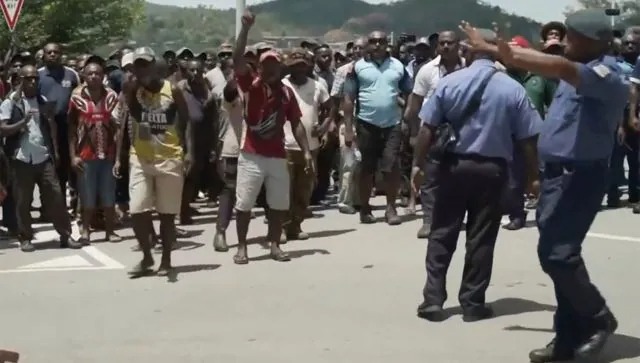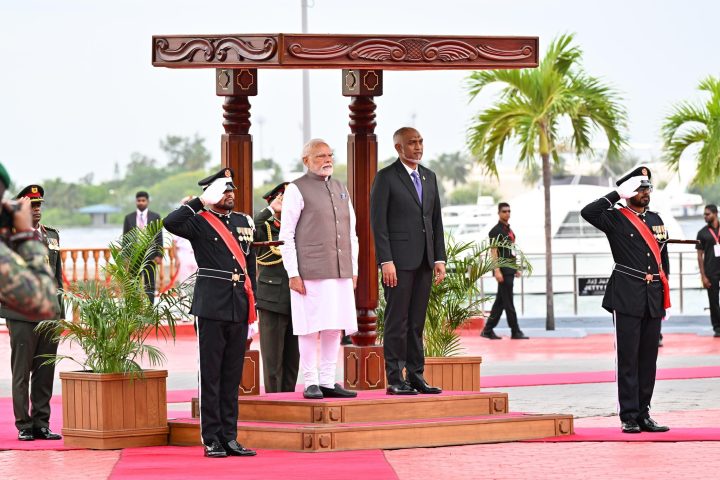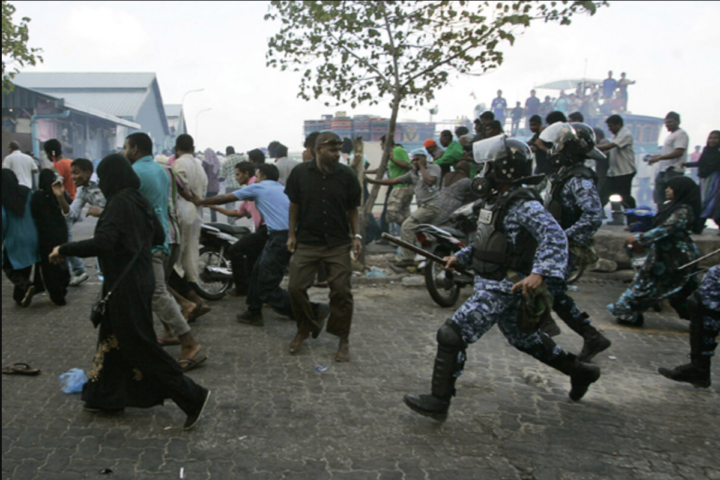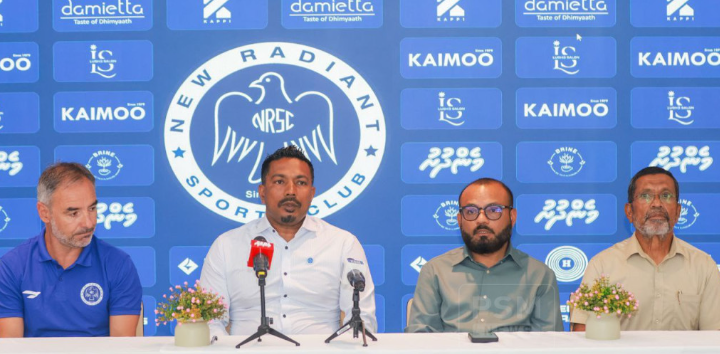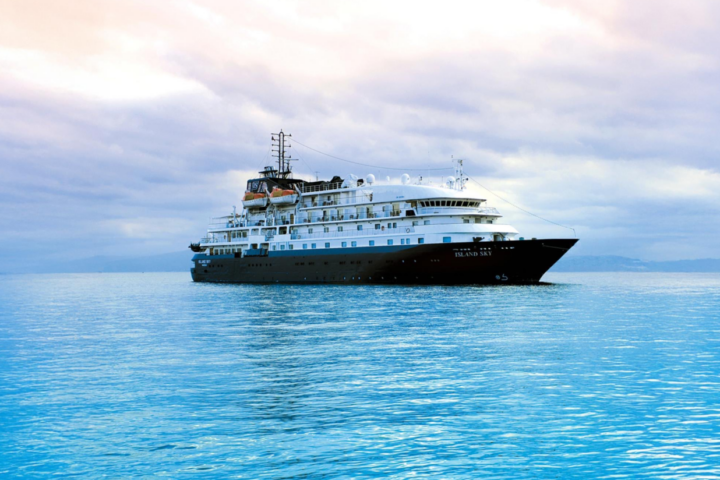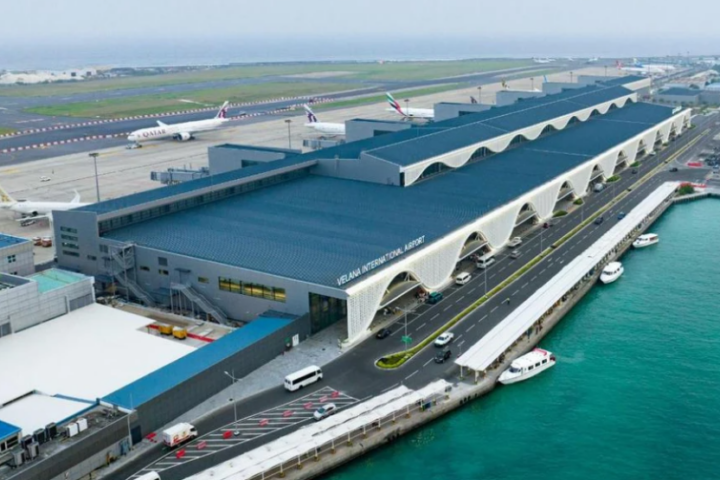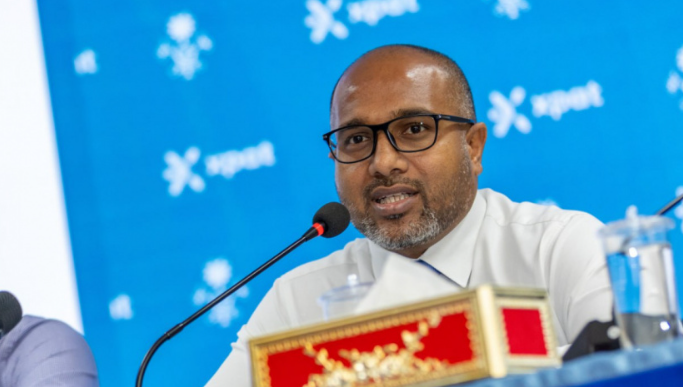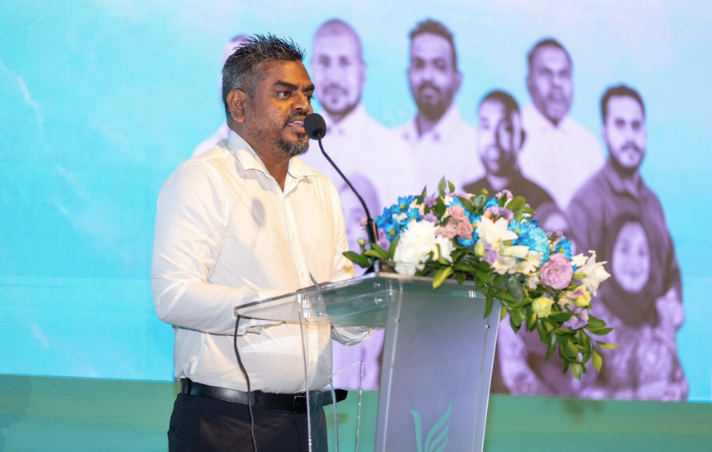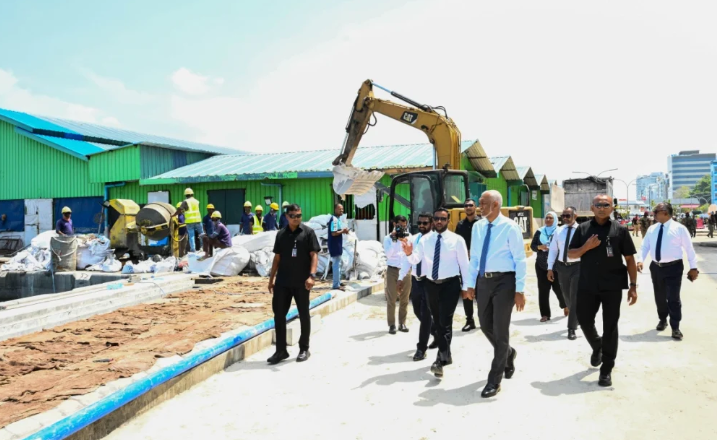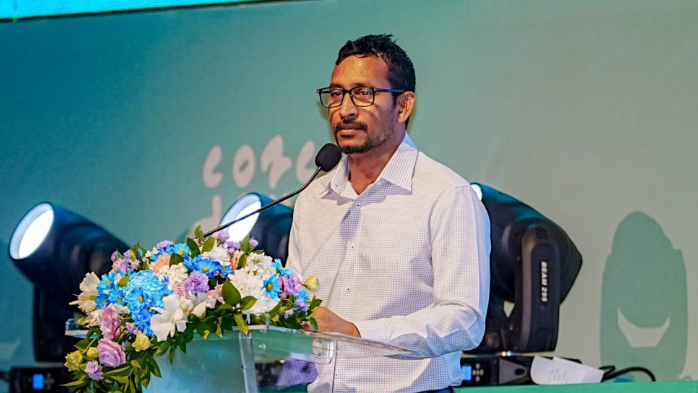The prime minister of Papua New Guinea declared a state of emergency after 16 people were killed in rioting and looting, causing significant damage to the country’s two largest cities.
Television footage showed thousands of people in the streets of the capital Port Moresby, many of them carrying what appeared to be looted merchandise as black smoke billowed over the city.
Nine people were killed in the rioting in Port Moresby and seven were killed in Lae, in the north of the gold and copper-mining country, Australian state broadcaster ABC reported on Thursday, citing police.
Prime Minister James Marape told a press conference he had suspended Papua New Guinea’s chief of police and top bureaucrats in the finance and treasury departments while the government conducts a review into the cause of the riots.
Some 1,000 military personnel were on standby to ward off further unrest, he said.
Violence in the capital subsided on Thursday, with the government flying in extra police to maintain order.
The United States embassy in Port Moresby said police had returned to work, but that tensions remained high.
“The relative calm can change at a moment’s notice,” it said in a statement, adding it had received reports of violence in several other areas of the country.
Several Chinese citizens were lightly injured, with Chinese-owned stores subjected to vandalism and looting, the Chinese embassy said.
Papua New Guinea is a diverse, developing nation of mostly subsistence farmers where some 800 languages are spoken. It is in a strategically important part of the South Pacific. With 10 million people, it the most populous South Pacific nation after Australia, which is home to 26 million.
Australian Prime Minister Anthony Albanese said the country’s high commission was monitoring the situation, and Canberra had not received any requests for help from Papua New Guinea, which it regularly supports in policing and security.
“We continue to urge calm at this difficult time. We haven’t had any requests from the PNG government at this time but … our friends in Papua New Guinea, we have a great relationship with them,” he said.
Papua New Guinea struggles to contain escalating tribal violence and civil unrest in remote regions and has a long-term aim to increase its police numbers from 6,000 officers to 26,000.
Police went on strike on Wednesday morning after discovering a reduction in their pay packets.
The government circulated messages on social media denying that a new tax had been imposed on police, and Marape said any administrative error that had caused the pay shortfall would be fixed.
An official told local radio FM100 on Wednesday that without police the city had “lost control”.
